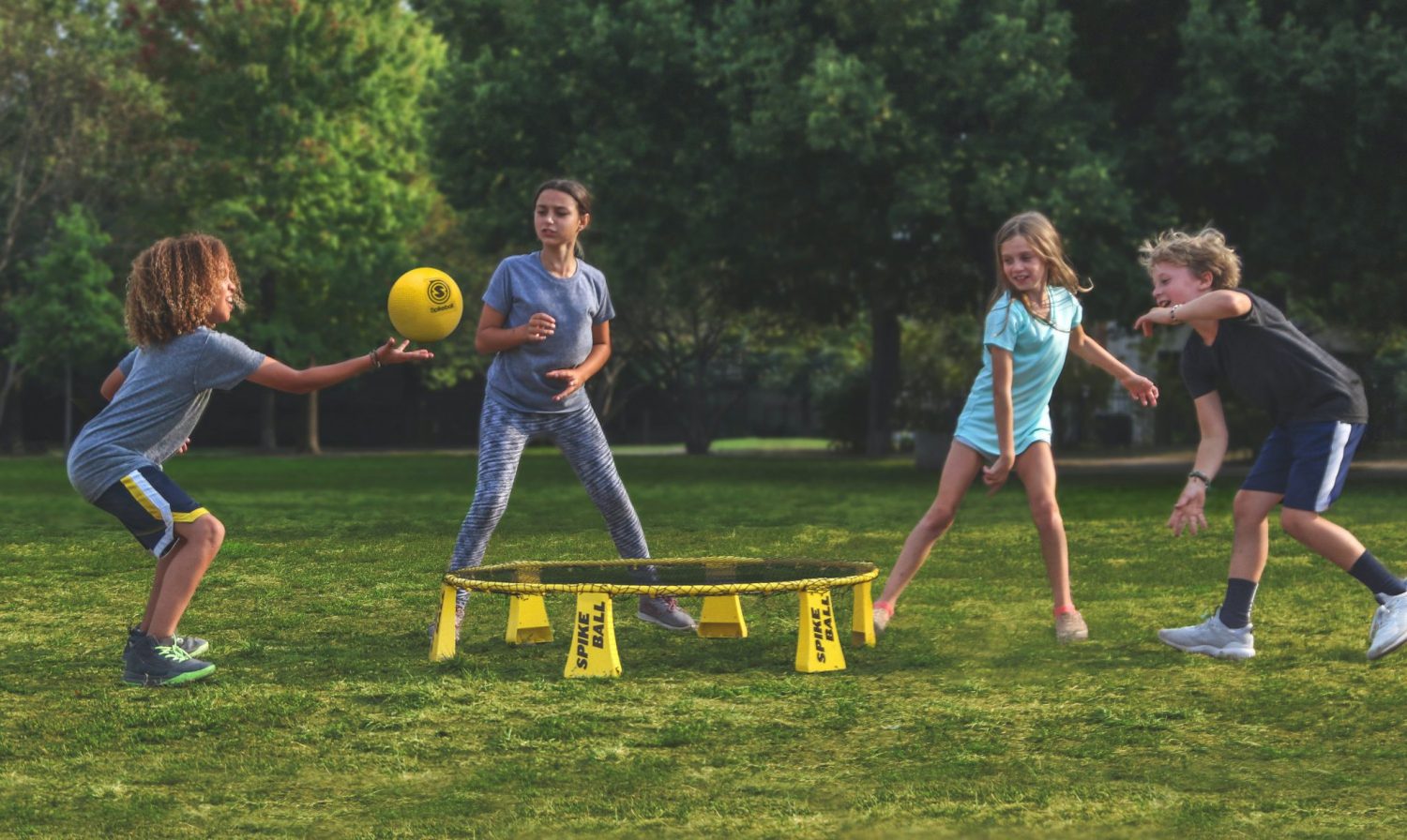
While vaccines are available for people of most ages, they’ve yet to be authorized for children under the age of 12. Given the rise in cases all over the country, many parents are asking themselves about the risks of getting their children involved in different activities or hanging out with grandparents, or people who are immunocompromised.
Here are 4 common questions about unvaccinated kids:
How big of a risk is COVID-19 for unvaccinated kids?

Kids are much less prone to serious COVID-19 complications than adults. Still, there are kids who have died from COVID-19 and have experienced the long-term effects of the disease. While the odds of kids getting COVID-19 are on the low side, it’s possible for them to transmit the disease to adults. According to a study, the transmission rate of children to adults is about half of the transmission rate from adult to adult.
How big of a risk are the vaccinated parents of unvaccinated kids?

RELATED: Health Officials Are Warning Against Traveling To This Popular Destination
Self magazine spoke to different experts regarding this topic and most agreed that vaccinated people are low risk, no matter the vaccination status of their children. Still, Dr. Saad B. Omer made this clarification when talking about indoor spaces: “If there is a situation where it’s really crowded and you really don’t know who’s vaccinated, it’s reasonable to wear a mask, especially with new variants around the corner.”
Can unvaccinated kids spend time with vaccinated grandparents?

RELATED: Feeling Anxious About The Pandemic Again? Here’s What You Can Do
This question is tough, since there are a lot of variables to contend with. For the most part, it depends on the vaccination status of the grandparents, their comorbidities, and the transmission rate of the community. Despite the vaccines, we are still in a pandemic, so health experts recommend committing to outdoor spaces and for kids who are unvaccinated to wear their masks.
What about group activities?

Outdoor sports for kids should be a low risk activity. If kids have flu symptoms then they shouldn’t be participating, but otherwise it should be fine, especially if COVID-19 community levels are low. When discussing indoor activities, it’s more complicated. If the location is big and with decent airflow, and the amount of kids participating is small and is wearing masks, then it’s preferable and of lower risk than other alternatives.






